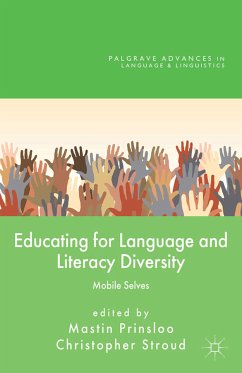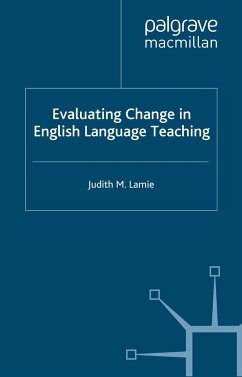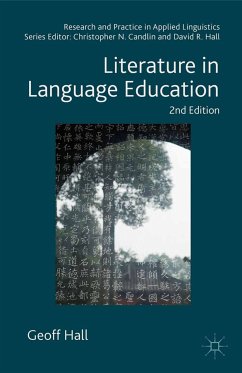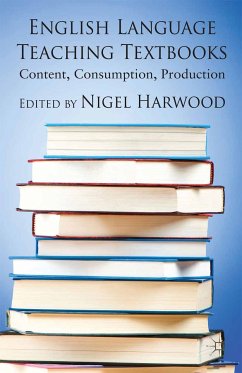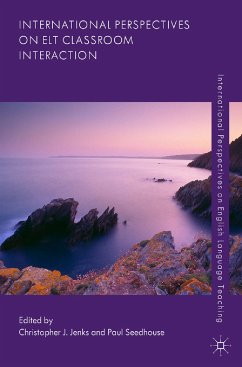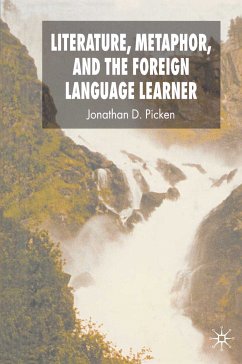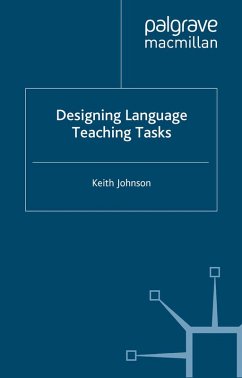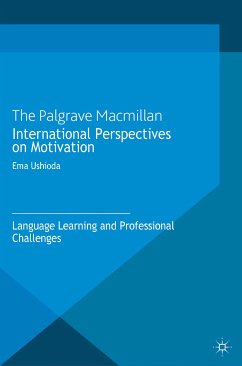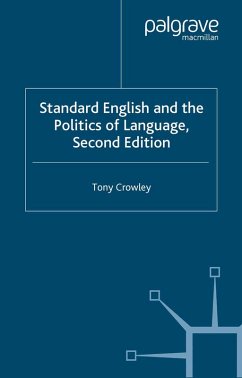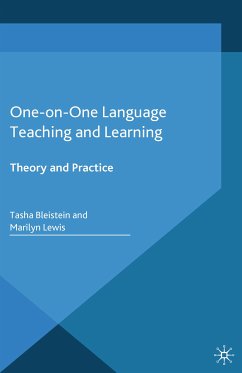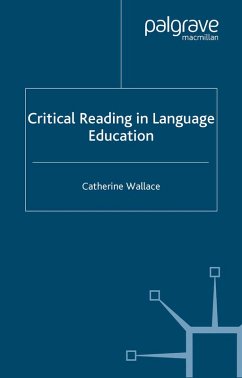
Critical Reading in Language Education (eBook, PDF)
Versandkostenfrei!
Sofort per Download lieferbar
72,95 €
inkl. MwSt.
Weitere Ausgaben:

PAYBACK Punkte
36 °P sammeln!
Addressed to researchers in Applied Linguistics, and to professional teachers working in, or studying teaching and learning processes in, multilingual classrooms, Critical Reading in Language Education offers a distinctive contribution to the question of how foreign language learners can be helped to acquire effective literacy in English. At the heart of the book is first-hand classroom research by the author as both teacher and researcher, demonstrating an innovative research methodology and empirical evidence to support a critical reading pedagogy.
Dieser Download kann aus rechtlichen Gründen nur mit Rechnungsadresse in A, B, BG, CY, CZ, D, DK, EW, E, FIN, F, GR, HR, H, IRL, I, LT, L, LR, M, NL, PL, P, R, S, SLO, SK ausgeliefert werden.



